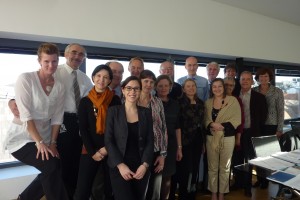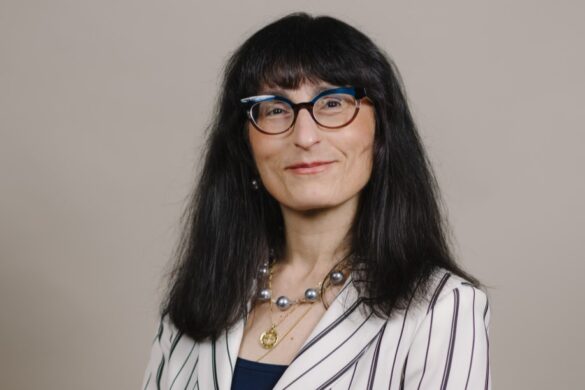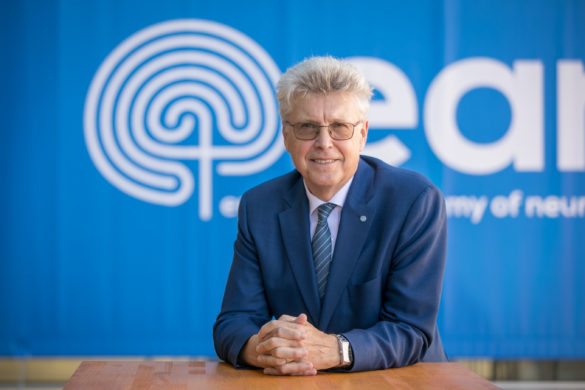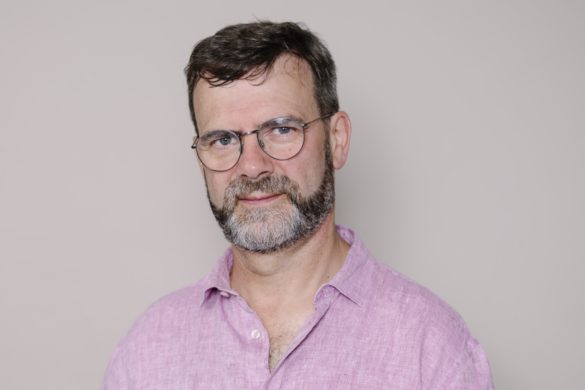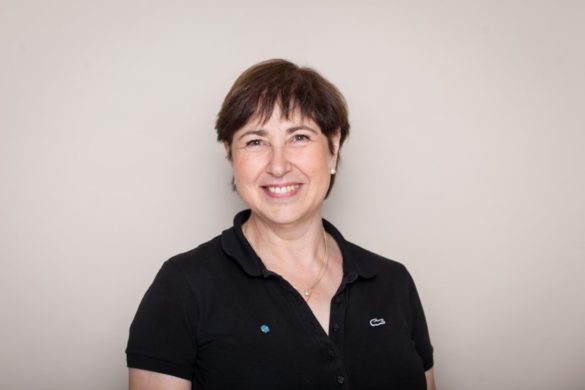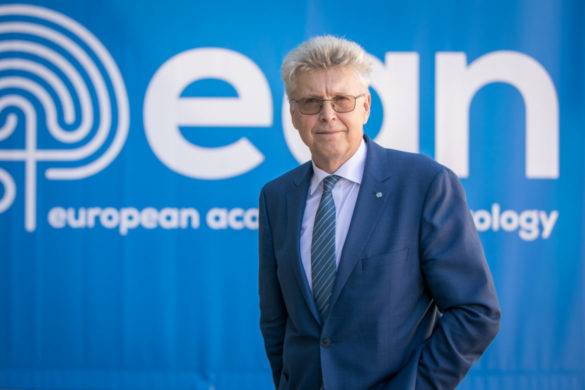 This is the first page of a monthly series. A President needs a strong team. We have an excellent Management Committee and dedicated office staff. In addition to ad hoc email communication and occasional teleconferences we meet twice a year – once at our annual congress and once at our Head Office in Vienna. We held our spring meeting on Saturday March 3rd in Vienna when a long agenda kept us out of the spring sunshine. The agenda covered the activities of each of our liaison, training and education and scientific committees, finance and future plans. The following are of special interest:
This is the first page of a monthly series. A President needs a strong team. We have an excellent Management Committee and dedicated office staff. In addition to ad hoc email communication and occasional teleconferences we meet twice a year – once at our annual congress and once at our Head Office in Vienna. We held our spring meeting on Saturday March 3rd in Vienna when a long agenda kept us out of the spring sunshine. The agenda covered the activities of each of our liaison, training and education and scientific committees, finance and future plans. The following are of special interest:
• The Transition Task Force consisting of three EFNS and three ENS members is developing the plans to unite and form a single European Academy of Neurology. This new organisation will have a governing assembly of national delegates and representatives of individual members. The assembly will meet in June 2014 at the joint EFNS-ENS Congress in Istanbul and appoint its Board. The EFNS management committee will then cease to exist.
• The first EAN Congress will be held in Germany in June 2015. The sites for 2016 and 2017 will be decided this year at the EFNS Congress in Stockholm. Applications have been received from Amsterdam (The Netherlands), Copenhagen (Denmark), Helsinki (Finland), Paris (France), Oslo (Norway) and London (UK). The National Societies of these countries will be invited to present proposals to the Transition Task Force. The Task Force will make a provisional selection to be ratified by the EFNS Management Committee and the ENS Executive Committee.
• To translate into European the remark of Mr Micawber in David Copperfield by Charles Dickens, whose 200th birthday we celebrate this year: “Annual income €20, annual expenditure €19.05, result happiness. Annual income €20, annual expenditure €20.05, result misery.” We spent more on fellowships, exchanges and other projects and made a smaller profit from our Congress in Budapest than usual, resulting in a deficit in 2011. Fortunately we have (and need) generous reserves. However the Management Committee had regretfully to reduce the number of fellowships, exchanges and regional teaching courses in order to balance the books and avoid the misery that Mr Micawber faced. On the bright side the bursaries to attend the Congress and the Spring School at Staré Splavy, Czech Republic, will continue unchanged.
• During 2011, the EFNS provided €50,000 for the European Brain Council Cost of Brain Disorders project to disseminate this important research at a national level.
• At the end of 2011, the e-learning programme eBrain was launched and has already attracted 6000 unique visitors. It costs the EFNS up to €50,000 per year and we need to know what you think about it.
I would welcome any comments on these points.
Richard Hughes

